Campfires? Check. Bug spray? Check. Bunk beds? Check. Volunteer nurses?
Perhaps nurses aren’t the first thing to come to mind when thinking about summer camp, but they are a crucial part of Y Camp for kids in the Treasure Valley.
“Safety is the first and most important part of our program and we really could not fulfill our end of that commitment to parents without [nurses],” said Lincoln McLain, the associate executive director of YMCA Camp at Horsethief Reservoir.
Every year, the YMCA finds two nurses to work each week of their eight-week camp term at Horsethief Reservoir.
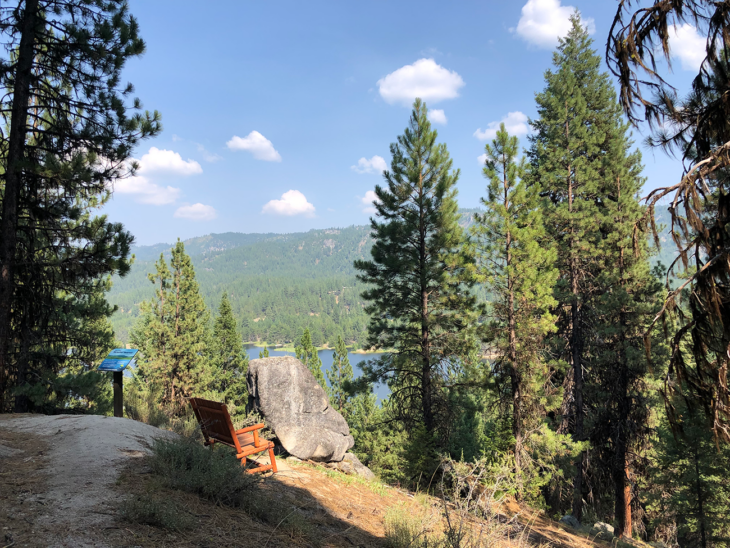
When School of Nursing associate professor Max Veltman first heard about the gig in 2008, he was quick to fill one of the 16 slots. He was looking for a place to serve in the community, and has been working with the camp ever since.
Now a member of the camp’s advisory board, Veltman has also been the interim medical director since 2020. That same year, he was awarded Volunteer of the Year for his work with the camp during the pandemic.
But Veltman’s impact doesn’t stop with his own efforts. Throughout his time with the Y, he has relentlessly recruited other camp nurses. Early on in his involvement, he encouraged his pediatric nursing class to volunteer and routinely brought it up at School of Nursing faculty meetings.
But he rarely does that anymore; at this point, most recruited faculty are recruiting other faculty.
A recruitment chain
“I got involved because Max Veltman had been involved,” said associate professor Kelley Connor, who first signed up in 2012 and volunteered for several years. “A lot of nurses working in pediatrics don’t have the ability to take a week off in the summer like we do,” she said. “So I feel like it’s a good way to connect and give back.”
Connor is also the reason clinical assistant professor Veronica McDuffee heard about the opportunity.
“Volunteering has always been a pretty core part of my life,” McDuffee said. “But this [summer] will be my first time with the Y.”
During his recruitment efforts, it didn’t take long for Veltman to see that parents make great camp nurses. The YMCA compensates volunteer nurses with one week of free tuition, meaning many parents can send their own children to camp if they work for the week.
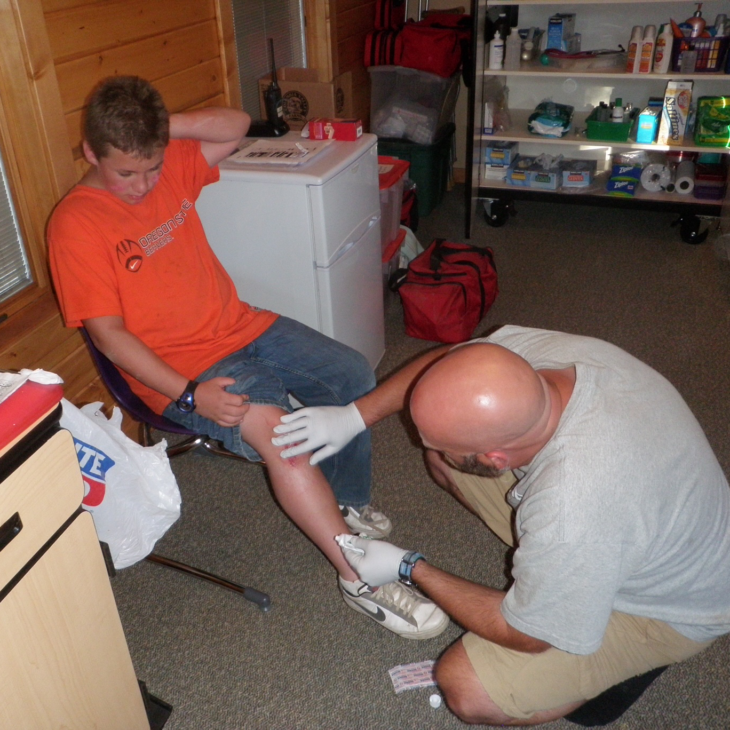
“I can be a camp nurse and a part time mom at the same time,” McDuffee said. “So it’s a win-win!”
Additionally, parents are rarely “rattled by anything the kids do,” Veltman said, and many of the responsibilities are already familiar.
“It’s basically first aid,” said McDuffee. “Which as a mom you do, and obviously as a nurse you’re trained to do.”
But most parents aren’t responsible for the first aid of 250 people at once.
A day in the life
Beginning in June, the Y Camp at Horsethief Reservoir hosts close to 200 kids ages 7-12 each week, plus camp counselors and staff.
While the two nurses on duty primarily monitor medication distribution, they also tend to “bumps and bruises, stomach aches, headaches, allergies, and that sort of thing,” said associate professor Sarah Llewellyn. 2022 will be her second summer volunteering.
Meal times are the busiest for nurses, since kids often stop by before or after to take their medicine. But they are on call at all hours, Connor said. “You might have somebody knock on your door at three o’clock in the morning because a kid fell out of the bunk bed,” she said, “So you just have to manage that.”
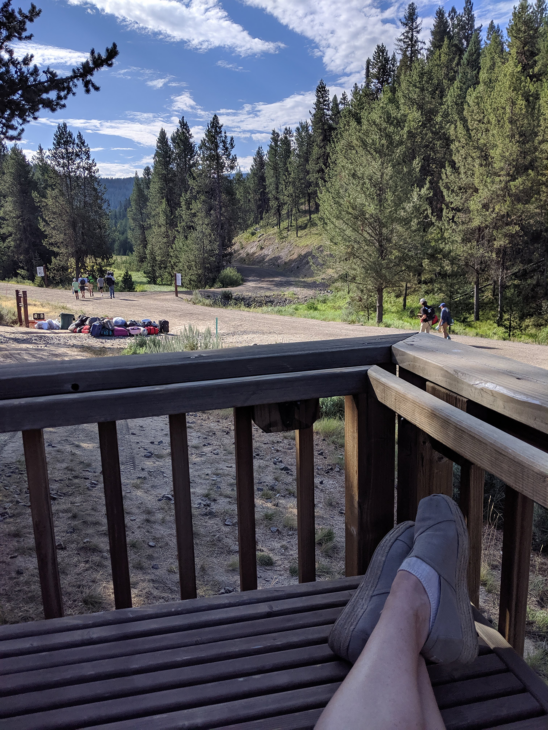
For most of the Boise State faculty, these skills differ greatly from their “day jobs.” McDuffee also works in an intensive care unit at Saint Alphonsus Regional Medical Center. She doesn’t anticipate facing any real challenges at camp, but “it’s still outside of my comfort zone in the sense that I’m used to critically ill patients,” she said.
Last year, Llewellyn benefitted from working outside of her typical area of expertise. She doesn’t often work with pediatric medications, so in her free time at camp, she looked up dosages and learned more about the kinds of medicines campers were taking.
“It broadened my pediatrics knowledge,” she said.
The hurdle of homesickness
One of the reasons Veltman loves Y camp is that “a lot of kids are stuck at home and don’t have the ability to get outside, so it’s about trying to nurture kids’ outdoor experience,” he said. “It’s not an epic survival week, but [campers] are outside and interacting with other kids.”
This is demanding for children’s social development, and often the most challenging task nurses face is not a major medical emergency; it’s differentiating between kids who need medical attention and those who are homesick or anxious.
“It’s easy for them to get negative if they’re trying something new,” Veltman said. So it’s the nurse’s job to establish rapport with kids – just like they would with any other patient – and “channel them back to the fun of camp.”
“You might get some 7-year-old who is homesick and nervous and it gives them a stomach ache,” Connor said. “We try to help them transition so that they find the camp fun.”
For Veltman, one of the most satisfying parts of volunteering is being able to see kids who had previously struggled return to camp; it’s evidence they’ve grown and that he’s made a difference.
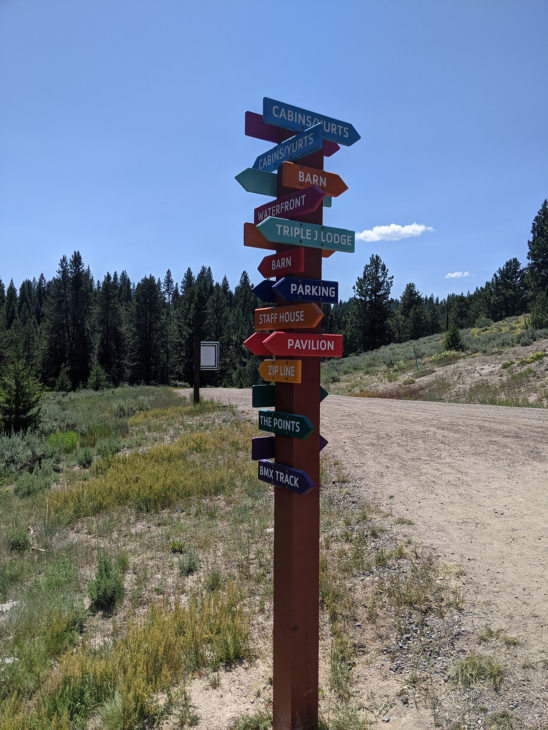
“It’s so awesome to see them come back,” he said.
Work with a wide impact
More than anything else, Y Camp fosters a mutually beneficial relationship between the community and the entire School of Nursing.
“Nurses impact the individual campers each week with connections and physical help,” said McLain. “But there’s something greater than that — the help and intentionality they provide to each camper is an investment into our community’s future.”
Veltman enjoys working with Boise State student volunteers since Horsethief Reservoir provides an atmosphere where “I’m not teaching them, but mentoring them and letting them take the lead with opportunities,” he said. He empowers them to build relationships with kids and take initiative when problems arise. “That’s the part I really like,” he said.
Both Connor and Llewellyn appreciate how Boise State faculty are able to interact with the community in a less-traditional way.
“You start to see what kind of issues kids in our community are facing,” Connor said.
Llewellyn noticed just how comfortable kids are when they come in to take their meds together.
“Judgment is low,” she said. “It gives me a good view for the future: people are okay taking what they need to be their healthiest self.”
For nurses interested in volunteering, Veltman encourages them to check out opportunities with the Treasure Valley YMCA, talk to him or “Just do it.”
For more information, email maximilianveltman@boisestate.edu.
Become a donor to support nursing at Boise State.
Inspired by this story? Let's chat!
-
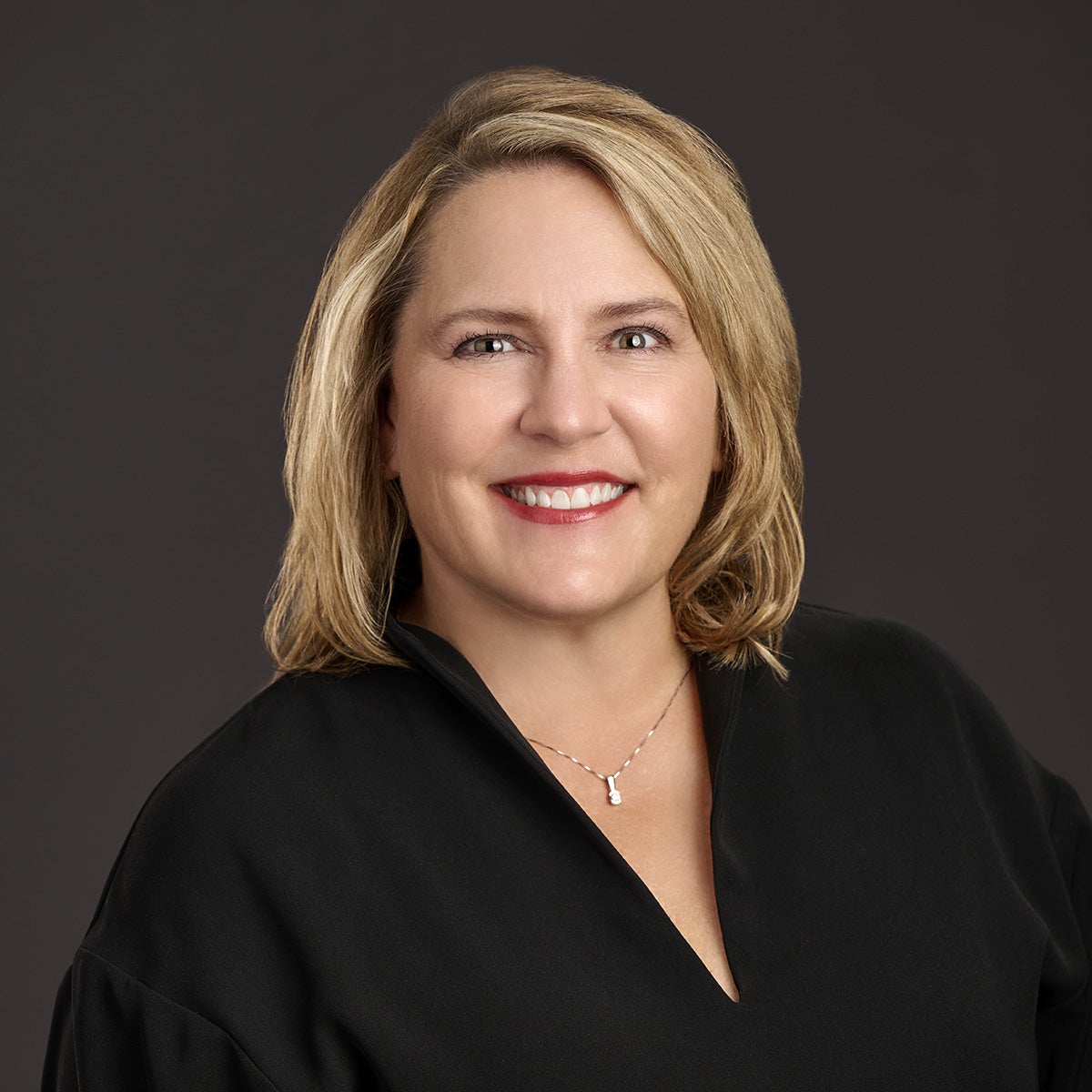
Heather Jauregui
Senior Director of Development